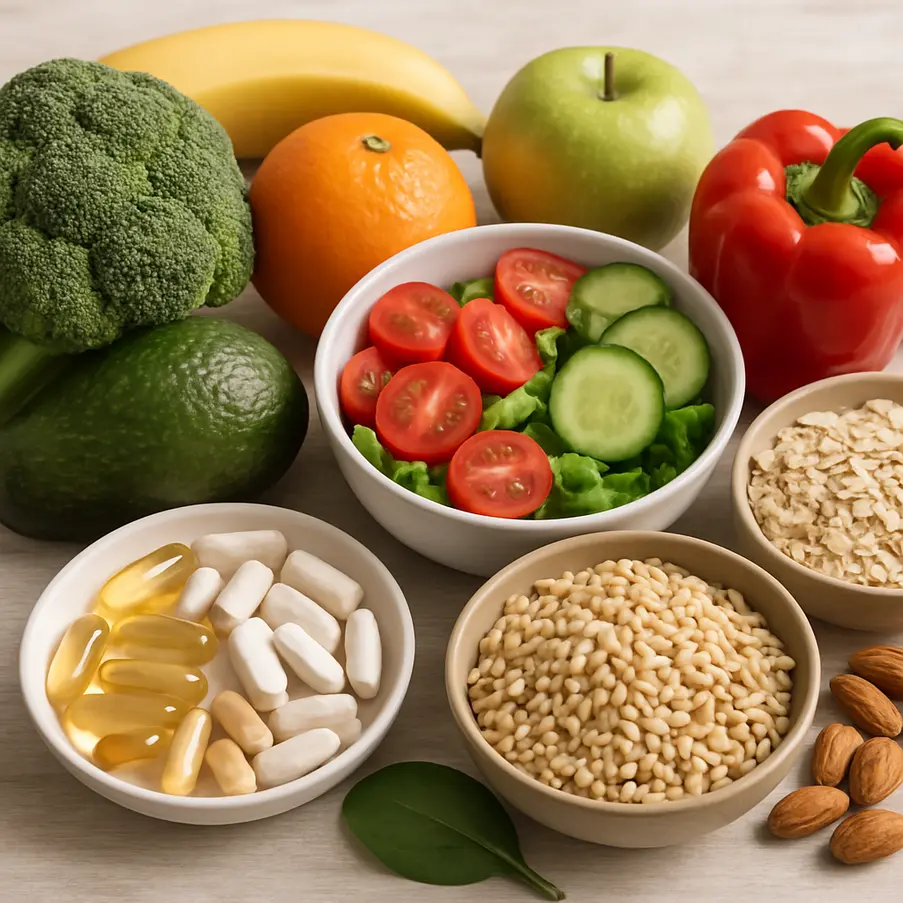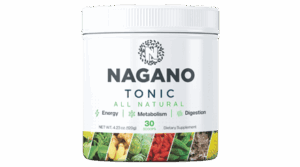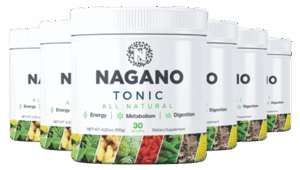Essential Vitamins and Minerals
Essential vitamins and minerals are the building blocks of a healthy body and a vibrant life. While our bodies require these nutrients in varying amounts, their importance in achieving wellness cannot be overstated. From strengthening immunity to boosting energy levels, these nutrients play a critical role in overall health. This guide will take you through the fundamental vitamins and minerals needed for well-being, unveiling their unique benefits and why they are indispensable to any diet.
Vitamins: The Powerhouses of Wellness
Vitamins are the essential powerhouses behind sustaining vitality and health in our bodies. These micronutrients are indispensable for various functions, from energy production to immune support. Unlike macronutrients, our bodies cannot synthesize most vitamins, necessitating a balance obtained through our diets.
There are two primary categories of vitamins: water-soluble and fat-soluble. Water-soluble vitamins, such as Vitamin C and the B-complex group, must be consumed regularly, as they aren’t stored in the body. Vitamin C, rich in citrus fruits, bolsters immune function and collagen synthesis, while B vitamins found in grains and leafy greens aid in energy metabolism and brain health.
Fat-soluble vitamins, like Vitamins A, D, E, and K, accumulate in the body’s fatty tissues and liver. For instance, Vitamin D, often called the “sunshine vitamin,” is critical for bone health and is synthesized through sunlight exposure, as well as found in fatty fish. Vitamin A, present in carrots and sweet potatoes, supports vision and skin integrity.
The deficiency of these essential nutrients leads to a cascade of health issues. Anemia, fatigue, and nerve damage may result from insufficient Vitamin B12. Meanwhile, a lack of Vitamin D can impact bone density, leading to conditions like osteoporosis. Understanding these symptoms is crucial to addressing deficiencies before they worsen.
Embracing a balanced diet rich in these vitamins is vital. For instance, incorporating a spinach and citrus salad can supply both Vitamin C and B9, enhancing your immune defense and supporting new cell growth. Diversifying your plate helps ensure all these powerhouses work in tandem for optimal wellness.
Perhaps you’ve explored best foods for your daily health routine, which offer a roadmap to obtaining these essential vitamins from everyday meals. By integrating more colorful produce and whole foods, you create not only a visual feast but also a nutrient-dense foundation for health.
Incorporating a variety of vitamins into your diet isn’t just about preventing deficiencies but also about embracing a lifestyle conducive to long-term wellness. By being mindful of your nutrient intake, you empower your journey toward vibrant health and well-being.
Minerals: The Unsung Heroes
Minerals are often overshadowed by their vitamin counterparts, yet they play crucial roles in maintaining wellness. Key minerals like calcium, magnesium, iron, and zinc are indispensable for several bodily functions.
Calcium steals the limelight when it comes to bone health. However, it does more than just build strong bones and teeth. It aids in muscle contraction, nerve signaling, and blood clotting. Dairy products, leafy greens, and fortified cereals are excellent dietary sources. To ensure optimal calcium levels, incorporate a balanced variety of these foods into your meals.
Magnesium is vital for over 300 biochemical reactions in the body. It contributes to nerve and muscle function, immune health, and bone strength. Surprisingly, it also helps regulate blood sugar levels. Nuts, seeds, spinach, and whole grains are magnesium-rich foods. It’s crucial to include these in your diet to enjoy the best foods for daily health routine.
Iron is the cornerstone of oxygen transport. As a key component of hemoglobin, iron enables red blood cells to carry oxygen throughout the body. Without enough iron, you may feel fatigued and weak. Red meat, poultry, beans, and lentils are iron-rich foods. Combining vitamin C sources with these foods can enhance iron absorption.
Turning to zinc, this trace mineral is a powerhouse for immune function, DNA synthesis, and wound healing. It’s also integral for maintaining taste and smell. Foods such as meat, shellfish, seeds, and legumes provide substantial zinc levels. Keeping an eye on your zinc intake can significantly bolster your overall health.
Balancing these minerals can be challenging but is essential for wellness. Eating a varied diet, rich in whole foods, generally meets most mineral needs. However, if you think your diet might lack in a particular mineral, consider consulting a healthcare professional for guidance. By understanding the roles and sources of these unsung heroes, we can harness their benefits for enhanced health and vitality.
Nagano Tonic Natural Product
Balancing Your Nutrient Intake
Creating a balanced diet that effectively incorporates essential vitamins and minerals is crucial for maintaining health and vitality. The first step to achieving this balance is thoughtful meal planning. A diverse range of foods ensures you consume a wide array of nutrients. Consider incorporating leafy greens, colorful vegetables, nuts, and lean proteins into your meals. These foods are nutrient-dense, providing essential vitamins like A, C, and E, along with minerals such as calcium and magnesium.
Effective dietary adjustments focus on the quality, not just the quantity, of food. Instead of drastic changes, make incremental modifications. For example, swap white rice for quinoa or use olive oil instead of butter. These small changes can have a significant impact over time. Additionally, paying close attention to portion sizes helps prevent overconsumption, which can lead to nutrient imbalances.
It’s essential to recognize healthy dietary patterns. A Mediterranean-style diet has been lauded for its balance, rich in healthy fats, fiber, and antioxidants. This dietary pattern promotes heart health and longevity. Exploring other options, like the benefits of intermittent fasting, can further enhance your approach to nutrient intake.
While supplements can be helpful, they shouldn’t replace whole foods. Over-supplementation can lead to nutrient toxicity and imbalances. For instance, excessive vitamin D can cause calcium buildup, leading to health issues. It’s best to consult with a healthcare provider before starting any supplement regimen.
Lifestyle changes can significantly aid in balancing nutrient intake. Preparing meals at home gives you control over ingredients and cooking methods. For those with busy schedules, meal prep can be an effective tool. Preparing meals in advance reduces reliance on processed foods and ensures that you have nutritious options ready.
Creating a balanced nutrient intake is an ongoing journey. It’s about making informed food choices and adopting habits that support overall well-being. Embracing variety, mindful eating, and lifestyle adjustments can lead to a sustainable and healthful dietary pattern. Remember, the balance doesn’t just contribute to physical health but also enhances mental vitality and energy.
Supplementing Wisely: When and How
The world of dietary supplements is complex, presenting a myriad of choices for achieving wellness through essential vitamins and minerals. While a balanced diet is foundational to health, there are situations where supplements can fill nutritional gaps. Understanding when supplementation is necessary and how to choose the right products is crucial.
Certain life stages and conditions increase the likelihood of nutrient deficiencies. Pregnant women, for instance, require more folic acid and iron, while older adults may need more vitamin D and calcium. Individuals with dietary restrictions, such as vegetarians or those with food allergies, might also benefit from supplements to meet their nutritional needs effectively. In any case, it’s important to determine specific deficiencies through professional guidance.
When selecting supplements, quality matters. Look for reputable brands that undergo third-party testing to ensure potency and purity. Pay attention to labels and opt for products with clear ingredient lists and evidence-based health claims. Avoid mega-doses, as more isn’t always better; some vitamins and minerals can be toxic at high levels.
Despite their benefits, supplements are not without risks. Overconsumption can lead to adverse effects, such as gastrointestinal disturbances from iron, or liver damage from high doses of vitamin A. Interactions with medications are another concern, highlighting the importance of consulting healthcare professionals before starting any regimen. They can provide insights tailored to individual health needs and monitor potential interactions with ongoing treatments.
For those committed to improving their wellness journey beyond supplements, exploring holistic practices can be beneficial. Regular exercise complements nutritional efforts and enhances overall vitality. Beginners may find inspiration in adopting home workouts that are easy to integrate into daily routines. With guided routines available online, like on Pleasure in Health’s best home workouts for beginners, embarking on a new fitness habit can be both convenient and motivating.
Incorporating supplements as part of a holistic approach to wellness can be empowering. Yet, it requires careful consideration and professional input to optimize health gains without compromising safety. Well-chosen supplements, aligned with a nutritious diet and active lifestyle, can significantly contribute to enhancing health and vitality.
Final words Essential Vitamins and Minerals
In summary, the role of essential vitamins and minerals in achieving wellness is undeniable. Understanding their benefits, sources, and balancing them in your diet is crucial for maintaining health and vitality. By identifying your nutritional needs and making informed choices, you can empower yourself on the journey to a healthier, more fulfilled life. Remember to regularly check back for more insightful articles that deepen your knowledge on wellness.




